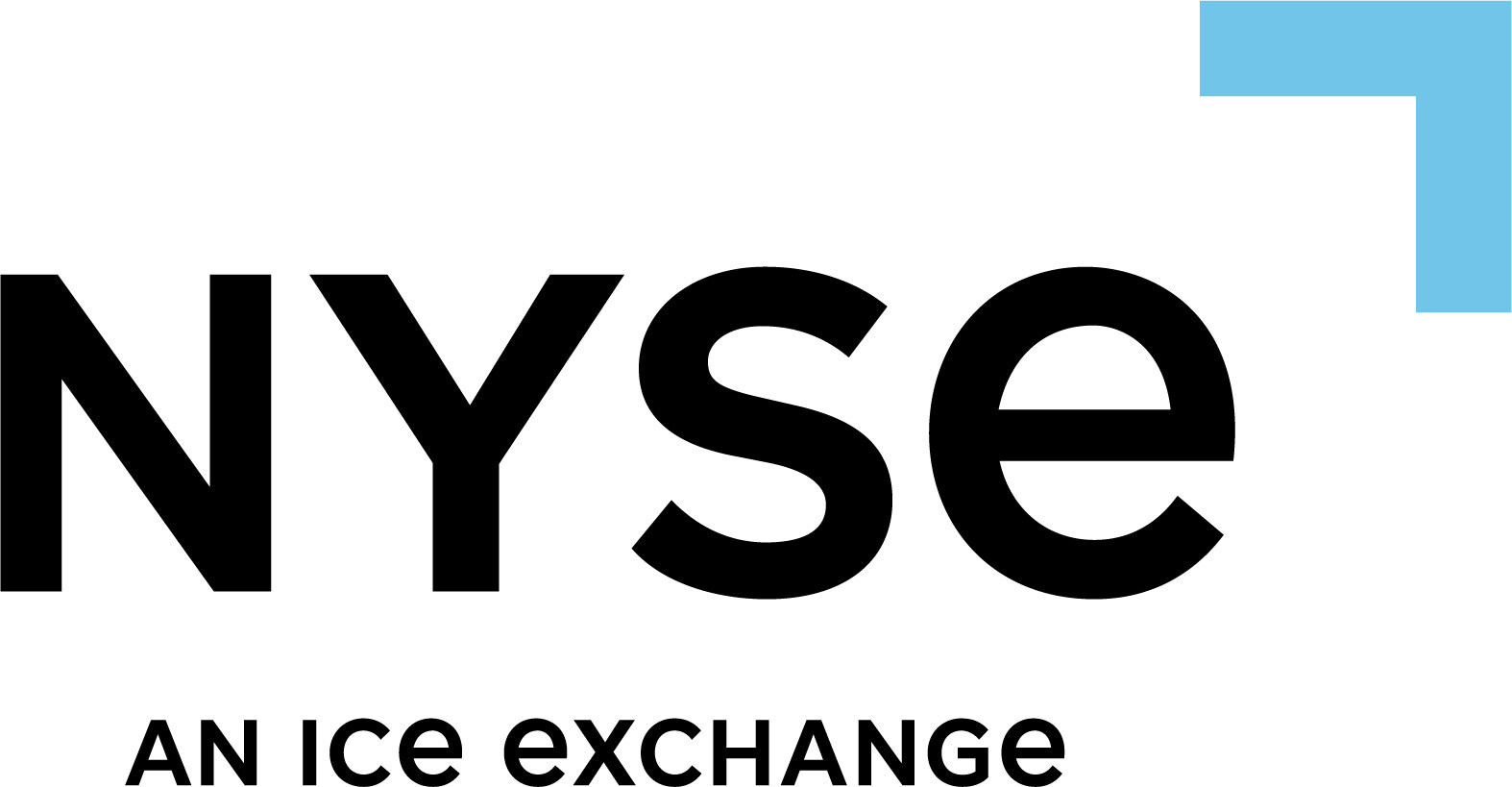FICO® Scores reflect consumers credit health standing
Average Canadian FICO Score Drops from 762 to 760, Mirroring Modest Consumer Debt Level Increases and Economic Uncertainty
Julie Huang
press@fico.com
New annual data from FICO, the global analytics software leader, shows that the average FICO® Score for Canadian consumers has dropped two points from April 2023 to 760. The data shows an upward trend in consumer missed payments and debt levels.
The FICO® Score is the industry standard measure of credit risk that help enable lenders to make more accurate decisions about a borrower’s credit risk and reflects the credit history data maintained by the two Canadian consumer reporting agencies (CRAs). Relied on by Canadian lenders and credit unions, the FICO Score continuously evolves and reflects underlying changes in credit behavior.
“The updated data shows that more consumers are showing signs of financial strain post-pandemic, as they confront challenges such as an inflated cost of living. Due to the current state of economic uncertainty in Canada, it's more important than ever for consumers to have transparency into their credit,” said Tommy Lee, senior director of scores and predictive analytics at FICO.
Breaking Down the Average FICO® Score
As a benchmark of Canadian consumer risk, the national average explains the credit health standing of consumers nationwide. Key factors impacting the average FICO® Score in Canada in 2024:
- Missed payments continue to rise: The population of consumers who are 90+ days past due on credit obligations in the last six months has increased 9.6% in relative terms year-over-year.
- Increase in delinquencies by industry: 1.8% of auto loan borrowers have been 30+ days past due in the past year, an increase of 12.5% relative to 2023. For real estate loans, the same metric has increased by 14.2%. For bankcards, delinquency rates also continue to rise, albeit more modestly than their auto finance and real estate counterparts.
- Debt levels continue to rise: Credit card debt for Canadian consumers has been increasing since the pandemic lows of April 2021, and now sits just shy of pre-pandemic levels. Average credit card balances for Canadian credit consumers are up 4.9% year over year, while average credit card utilization continues to shift higher as well.
- Increase in new credit activity: Consumers who have opened one or more new accounts in the last year have steadily increased to 33.5%, which is nearly identical to pre-pandemic levels. As some Canadians begin to struggle with rising credit card debt and higher interest rates, they may be seeking and obtaining new credit to help manage rising debt levels and higher pricing on those debts.
Why is the FICO® Score Important
Access to credit is a key building block for economic inclusion and wealth building. FICO® Scores have helped to enable lenders to make more precise and accurate lending decisions for over 30 years, helping millions of Canadian consumers gain access to the credit they need to do things like purchase a car, buy a home, or get a credit card. The FICO® Score Open Access program promotes credit transparency by enabling lenders to provide their customers with the ability to access their FICO Score for free. Lenders interested in the FICO Score solutions in Canada should visit FICO® Score 10 and FICO® Score Open Access.
The average FICO® Score has become a key barometer of overall financial health for the Canadian population. A more in-depth analysis of the average FICO Score in Canada is available here: Average Canadian FICO® Score Down Two Points to 760.
About FICO
FICO (NYSE: FICO) powers decisions that help people and businesses around the world prosper. Founded in 1956, the company is a pioneer in the use of predictive analytics and data science to improve operational decisions. FICO holds more than 200 US and foreign patents on technologies that increase profitability, customer satisfaction and growth for businesses in financial services, insurance, telecommunications, health care, retail and many other industries. Using FICO solutions, businesses in more than 80 countries do everything from protecting 4 billion payment cards from fraud, to improving financial inclusion, to increasing supply chain resiliency. The FICO® Score, used by 90% of top US lenders, is the standard measure of consumer credit risk in the US and has been made available in over 40 other countries, improving risk management, credit access and transparency.
Learn more at https://www.fico.com/en.
Join the conversation at https://x.com/FICO_corp & https://www.fico.com/blogs/
For FICO news and media resources, visit https://www.fico.com/en/newsroom.
FICO is a registered trademark of Fair Isaac Corporation in the U.S. and other countries.
View source version on businesswire.com: https://www.businesswire.com/news/home/20241120830694/en/
New annual data from FICO, the global analytics software leader, shows that the average FICO® Score for Canadian consumers has dropped two points from April 2023 to 760. The data shows an upward trend in consumer missed payments and debt levels.
 Business wire
Business wire 









Add Comment